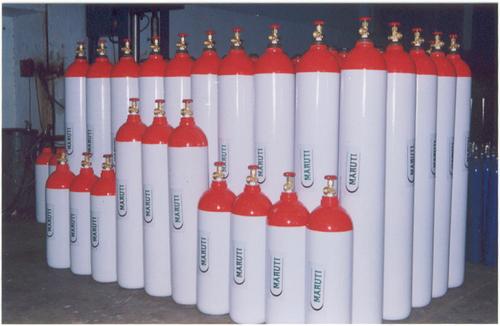Diversifying Oil and Gas Sector through Increased Gas Utilization

The exploration and production of oil in Nigeria started over five decades ago and in recent years, I have watched with keen interest the consistent and focused efforts of the Federal government towards developing the petroleum sector of the Nigerian economy. As we all know, the petroleum industry has been going through a very harrowing experience, especially in the last few years.
This is obvious today from the tumbling crude oil price. Nevertheless, the persistence of the E & P companies here in Nigeria has given us a sense of confidence and is equally a mark of profitability for the oil and gas business here in Nigeria.
However, for there to be sustainable development in this sector, there is need to focus more attention on the mid-stream (refining and petrochemicals, natural gas processing) and downstream (marketing and distribution) segments. This will create more investment opportunities for both local and foreign investors and will cause a major boost to the nation’s economy.
Natural gas is a naturally occurring gaseous mixture of hydrocarbon (main methane) and non-hydrocarbon substance found in underground rock reservoirs either on its own as free gas (Non-Associated Gas, NAG) or is an association with crude oil (Associated Gas, AG). It has proven to be one of the greatest sources of non-renewable energy in the world today, as it accounts for 23% of global energy.
The popularity of natural gas as a source of energy may be attributed to its comparatively environmental friendly advantage over other fossil fuels.
According to USGS, Nigeria is believed to be more of a gas province with some oil. This is due to her proven gas reserve of 187 TSCF (Trillion Standard Cubic Feet), ranking 8th in the world. However, due to our relatively lower gas production capacity of 2.5
A higher percentage is flared and this constitutes a flagrant wastage of vital national resources. In order to tackle this challenge, the Federal Government gave incentives to encourage gas-based projects across the country. This includes the LNG Projects, Mobil’s Oso NGLs Project and Chevron Escravos Gas Project.
Natural Gas Commercialization and Utilization in the domestic front is still developing in Nigeria. With its highest utilization in the power sector (70% of electricity), there is need to diversify the oil and gas sector to increase gas utilization in other sectors.
Gas company
I remember vividly my days of visitation at the Nigerian Gas Company Limited where I was told a wide variety of natural gas uses ranging from its high temperature uses in refining, chemicals, ceramics, Glass and Metallurgical industries, its medium temperature uses in food products and electric power industries, and its low temperature uses in pulp and paper, crop drying, heating, and Textile Mills.
It is also a feedstock for many chemical processes (ammonia, carbon black, fertilizer, methanol, acetylene, hydrogen etc.) and a vehicular fuel in the form of CNG (Compressed Natural Gas). Natural Gas Liquids (NGLs) can be fractionated to produce ethane, LPG and natural gasoline.

Due to its wide variety of uses, natural gas is seen as a major agent of economic development in Nigeria. It has a great multiplier effect, hence, can be used to drive the nations’ economy.
The Federal Government, through the implementation of the Gas Master Plan (GMP), has developed strategies to increase natural gas utilities to maximize its benefits from the power sector to fertilizer and other petrochemicals. But more private investment is required for the development, processing, and utilization of gas in Nigeria.




